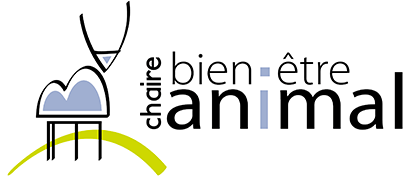Document type: Scientific article published in CABI One Health
Author: Antoine F. Goetschel
Preview: Animal welfare is closely linked to animal health and human welfare and health, as the World Organisation for Animal Health (WOAH) emphasizes in its Global Animal Welfare Strategy of 2017. As a result of recent pandemics, the Food and Agriculture Organization of the United Nations (FAO), the UN Environment Programme (UNEP), the World Health Organization (WHO), and the WOAH have created the One Health High Level Expert Panel (OHHLEP), committed to animal health and human health in the One Health Joint Plan of Action (2022-2026) and pledged to "[work] together for the Health of Humans, Animals, Plants and the Environment." Despite these important acknowledgements and efforts from leading world organizations, including the One Health quadripartite, the latter has so far been reluctant to actively pursue the adoption of a legally binding commitment to improve the protection and welfare of animals globally. Animal welfare remains without relevant provisions. In the following, it is argued this must be integrated into the OHHLEP in addition to the creation of an "Animal Think and Do Tank" in the form of a technical working group, which would finalize a UN Convention on the issue, as proposed, e.g., in the drafted UN Convention on Animal Health and Protection (UNCAHP) 2018. The "Animal Think and Do Tank," within its One Health context, must manifest a transdisciplinary approach, since - unlike globally binding legislation - policies, agreements, and declarations of various world organizations do not suffice to bring about a fundamental change in animal welfare. Acknowledging that animal protection is a complex and multifaceted issue involving ethical, cultural, social, religious, political, economic, and scientific dimensions (GAL Association, 2018, Preamble), these aspects must be represented within the decision making process regarding the Convention's content. Besides veterinarians, experts of further disciplines related to One Health must be consulted - such as lawyers and legal academics specializing in animal, international, and UN law, competent representatives of the animal welfare and animal rights movements, and ethicists and economists. Measures must be taken to improve transparency and overall confidence in the dialogue between the actors, including competent and not specifically scientific representatives of the animal protection and animal rights movement as elements of civil society to advocate for the fundamental interests of animals.






